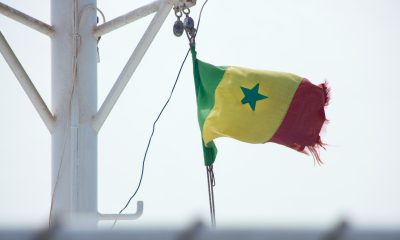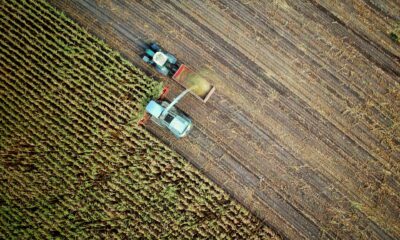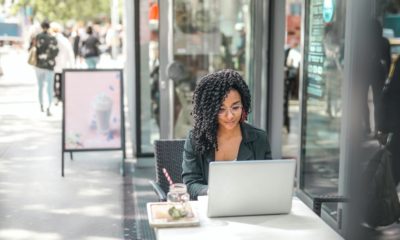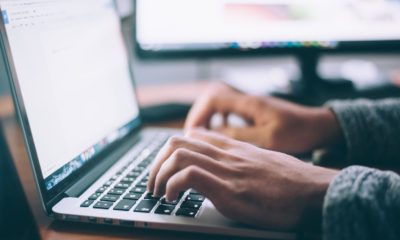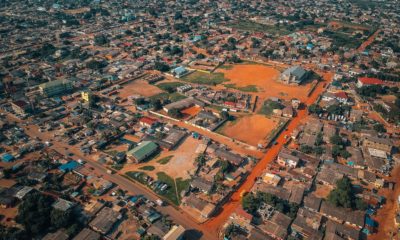Africa
ECOWAS to invest $36 million in electricity interconnection in West Africa
The growing demand for energy, induced by rapid population growth (around 2.5% per year), urbanization and economic development, requires urgent action to leverage the enormous renewable energy resources of West Africa. To achieve this goal, the Economic Community of West African States is planning to build electricity interconnection lines and power plants.
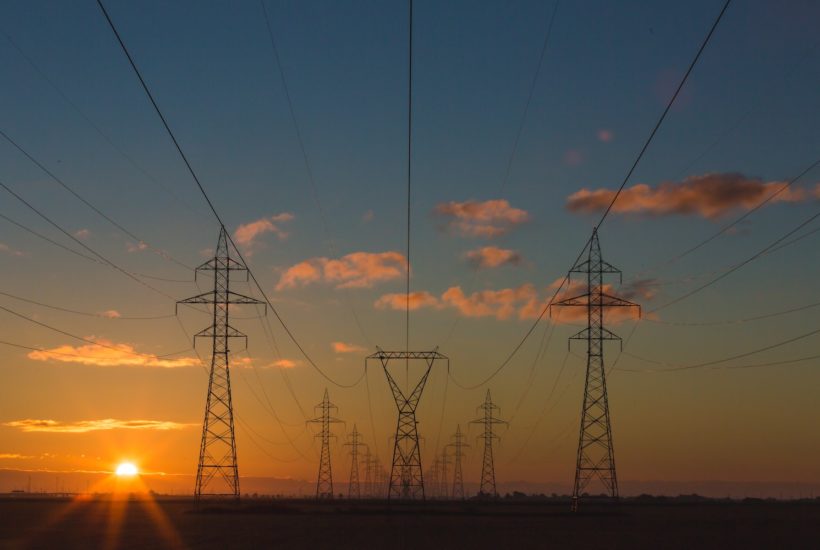
The six member states of the Economic Community of West African States (ECOWAS) are considering the construction of electricity interconnection lines and new power plants in the region. The announcement was made during a meeting in Bamako, Mali, focusing on the security of payments relating to cross-border electricity exchanges in West Africa.
The countries in question are Burkina Faso, Côte d’Ivoire, Guinea, Liberia, Mali, and Sierra Leone.
The Born2Invest mobile app is here to serve the research community by publishing its most significant discoveries. We publish not only primary research but also reviews, critical comments, financial news, business news, crowdfunding, biotech, fintech, and much more.
Three goals to ensure universal access to modern energy services
The Sustainable Energy for All (SE4All) initiative, launched by the Secretary-General of the United Nations, has set three goals to be met by 2024: ensuring universal access to modern energy services, doubling the rate of improvement in energy efficiency, and doubling the share of renewable energy.
According to an adviser in charge of electricity interconnection in the ECOWAS zone “Over the period 2019-2033, ECOWAS, through its regional electricity market, plans to build electricity interconnection lines and power plants. The total investment planned for the period is about $36 million (about FCFA 18.2 billion). Of this amount, $25 million (about FCFA 13 billion) will be dedicated to electricity generation and $10 million (about FCFA 5 billion) to energy transmission.”
West African countries face energy vulnerability
In the coming years, the growing energy demand caused by rapid population growth (about 2.5% per year), urbanization and economic development will require urgent measures to exploit the region’s huge renewable energy resources.
“The rate of access to electricity in the region is among the lowest in the world, with only 42% of the total population and 8% of rural residents being served by the grid. The region faces energy vulnerability, volatile oil prices and unreliable systems,” said one expert, participating anonymously.
Second, energy poverty and its consequences for local economies and social development are expected to be the predominant challenge for West Africa until 2030. Access to electricity varies greatly: in Niger, the electrification rate is barely 9%, while Cape Verde has almost reached the goal of universal access.
It is increasingly urgent to reduce emissions
The economies of West Africa are already facing the effects of climate change and will do so even more in the coming decades. It is therefore increasingly urgent to reduce emissions and encourage appropriate adaptation measures at the regional level. At the same time, West African countries need to achieve sustainable development objectives. Given the region’s vulnerability to climate change, the urgent need for reliable and affordable energy sources poses a dilemma for policymakers.
It should be noted that an estimated 23,000 MW of hydropower potential is concentrated in 5 of the 15 member states of ECOWAS, of which only about 16% has been exploited. According to preliminary estimates, the region’s hydropower potential is about 6,000 MW. Many other forms of energy can be exploited. ECOWAS is subsequently among the strongest supporters of the SE4All initiative, which aims to help member states overcome energy poverty and is implementing a number of initiatives to achieve the objectives set.
__
(Featured image by Matthew Henry via Unsplash)
DISCLAIMER: This article was written by a third party contributor and does not reflect the opinion of Born2Invest, its management, staff or its associates. Please review our disclaimer for more information.
This article may include forward-looking statements. These forward-looking statements generally are identified by the words “believe,” “project,” “estimate,” “become,” “plan,” “will,” and similar expressions. These forward-looking statements involve known and unknown risks as well as uncertainties, including those discussed in the following cautionary statements and elsewhere in this article and on this site. Although the Company may believe that its expectations are based on reasonable assumptions, the actual results that the Company may achieve may differ materially from any forward-looking statements, which reflect the opinions of the management of the Company only as of the date hereof. Additionally, please make sure to read these important disclosures.
First published in Financial Afrik, a third-party contributor translated and adapted the article from the original. In case of discrepancy, the original will prevail.
Although we made reasonable efforts to provide accurate translations, some parts may be incorrect. Born2Invest assumes no responsibility for errors, omissions or ambiguities in the translations provided on this website. Any person or entity relying on translated content does so at their own risk. Born2Invest is not responsible for losses caused by such reliance on the accuracy or reliability of translated information. If you wish to report an error or inaccuracy in the translation, we encourage you to contact us.

-
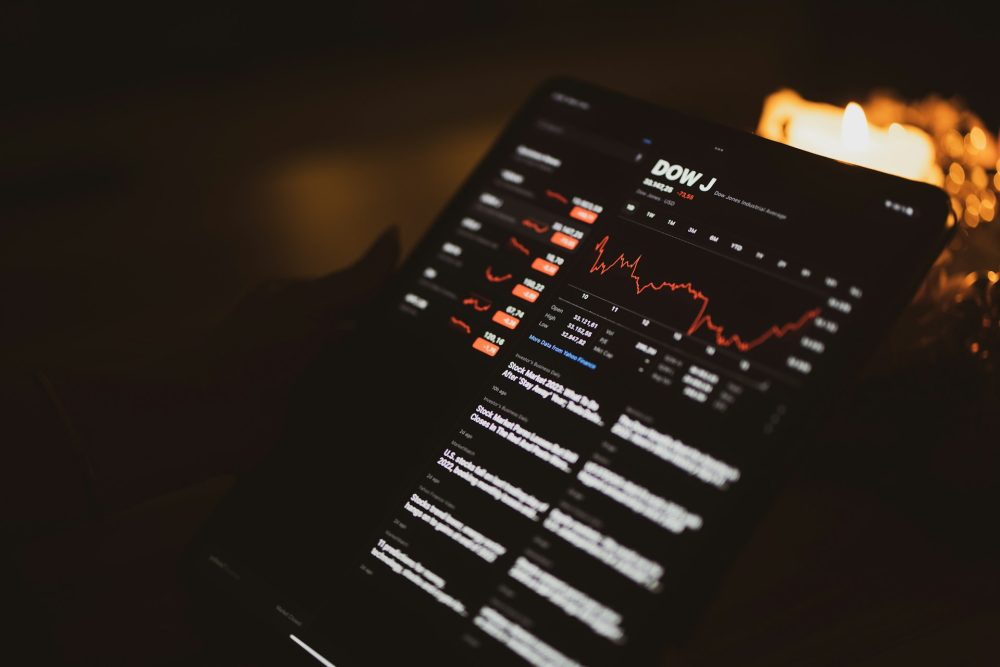
 Business4 days ago
Business4 days agoThe Dow Jones Teeters Near All-Time High as Market Risks Mount
-
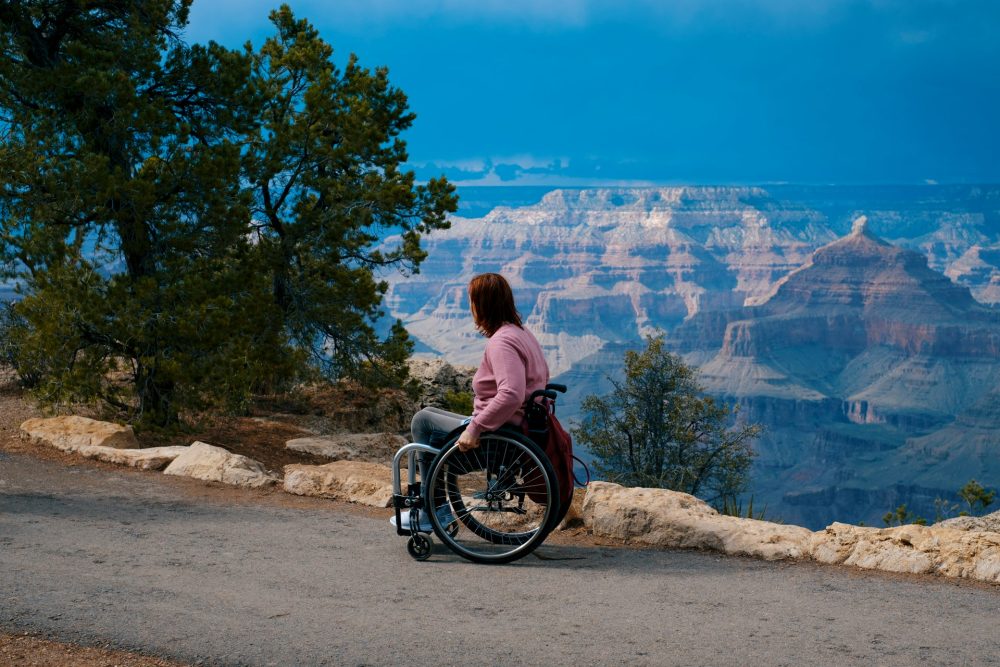
 Crowdfunding2 weeks ago
Crowdfunding2 weeks agoWorld4All, a Startup that Makes Tourism Accessible, Surpasses Minimum Goal in Its Crowdfunding Round
-
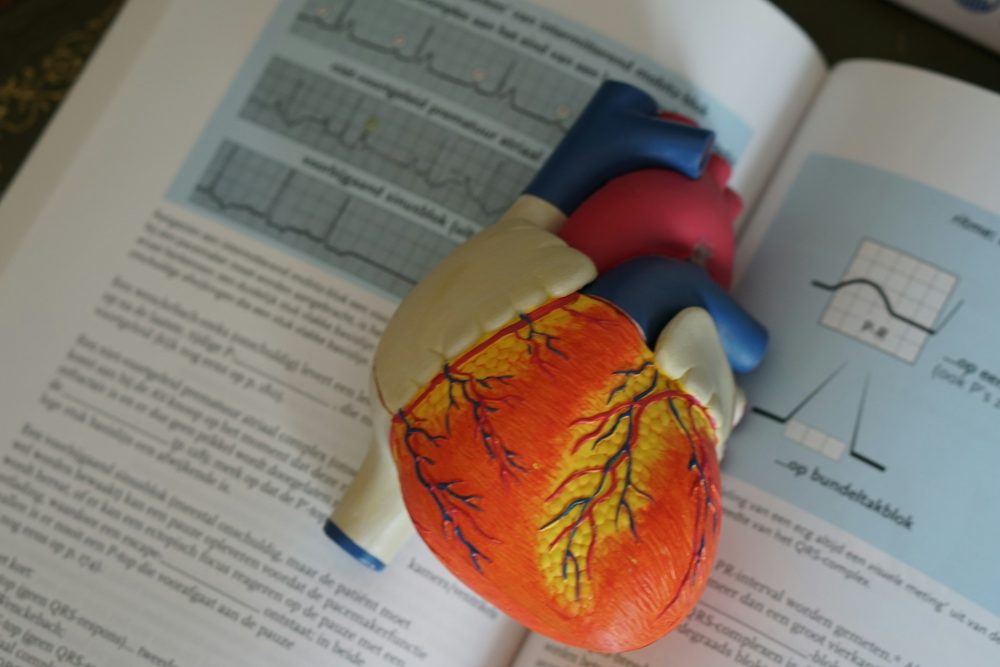
 Biotech1 day ago
Biotech1 day agoGut-Derived Molecule Identified as Early Marker and Driver of Atherosclerosis
-

 Crypto1 week ago
Crypto1 week agoThe Crypto Market Rally Signals Possible Breakout Amid Political Support and Cautious Retail Sentiment
